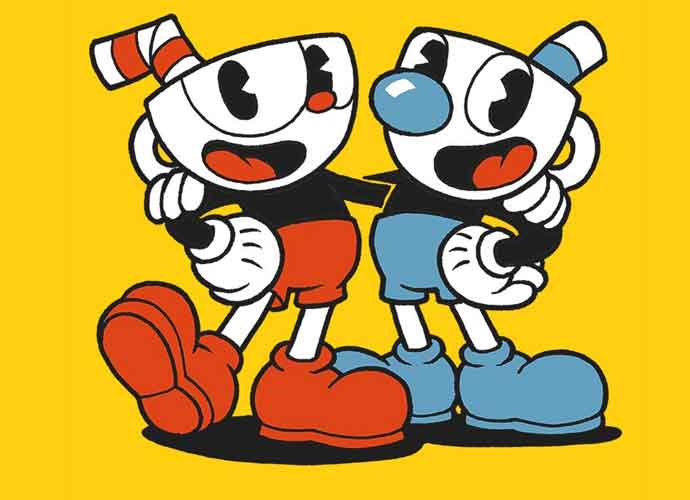The ‘Cuphead’-Dean Takahashi Debate: Is Gaming Journalism a Joke?
With Cuphead on the rise (or forgotten in the void, depending on when you’re reading this), let’s address the events that lead to a sticky situation in gaming journalism. Dean Takahashi, a gaming journalist, released footage of himself playing Cuphead for 26 minutes, of which he could not complete the most basic of tasks. Upon people giving him grief for not being able to follow simple instructions in the tutorial level, such as jumping and then dashing, something a 4-year-old figured out, he gave the game a bad review. His further “unjournalistic” comments called into question gaming journalism as a whole, as Dean’s flabbergasting display of incompetence followed by his outright public tantrums scares many considering his 30 years in the tech journalism realm. He’s not a newbie, so are there standards we can set for our gaming journalists? More importantly, is gaming journalism a joke?
No Schmit, Schmirlock. I’m technically a gaming journalist, and what are my qualifications? What are anybody’s qualifications? Oh yeah: I like video games. Now, how is this different than saying “I LIKE MOVIES” and reviewing movies? Other versions of entertainment media such as movies or books have only one qualification, to be able to express your opinion about what you have seen during a set period of time. Video games, on the other hand, are entirely reliant on the player’s skill. If they aren’t skilled enough or aren’t aware of a secret, the content is sealed away from them, they need to achieve to even see the content on the disk. Everybody experiences the same movie or television show; people do not experience the same video game, as there’s no possible way their experiences will be the same.
Now, certain reviewers are excellent at fighting games, puzzle games, etc. Give them their favorite genre and they will play to the best of their ability; you are bound to get an accurate review, right? Wrong, as indicated by Takahashi, even if the game is great in every quality, dying often can change your perspective quite a bit. That being said, without challenge there is no game, and finding the balance between challenge and reward is as subjective as any review.
Just as subjective are other aspects which others love, hate, and love to hate. Cutscenes are imperative to stories, yet you’re not really playing the game in these circumstances. Still, these experiences can enhance a game such as Uncharted, which would be nothing without its story, yet stories such as Assassin’s Creed fall flat, offering hours of cutscenes with nothing truly compelling or interesting going on. Even then, as other reviewers have noted, larger journalism companies are paid off with their opinions so often that the reviews are rigged regardless of the author’s actual opinion, resulting in incredibly positive reviews for Assassin Creed and Call of Duty games despite an obvious lack of innovation between releases. Smaller reviewers are biased, but at least you can trust their opinion, regardless of how fanboyish they might be.
So is gaming journalism a joke? It’s complex and has its issues, but at least it’s not movie journalism. Games are made to be games, movie culture can be a lot more more pretentious. Takahashi certainly represents gaming journalists, but he doesn’t represent all of them, for better or worse. Gaming journalism thrives in a subculture of humor, making it a joy to consume as a media. Games are created to have fun with, and taking it less seriously might have a lot to do with what makes it successful. Nobody cares about half-assed opinions from reviewers they can’t trust or don’t care about. Bottom line: pretentious, serious opinions about a growing industry centered around killing bad guys and collecting coins isn’t helping the industry. Thank god I didn’t drone on for paragraphs doing exactly that.
RELATED ARTICLES
Get the most-revealing celebrity conversations with the uInterview podcast!








Leave a comment